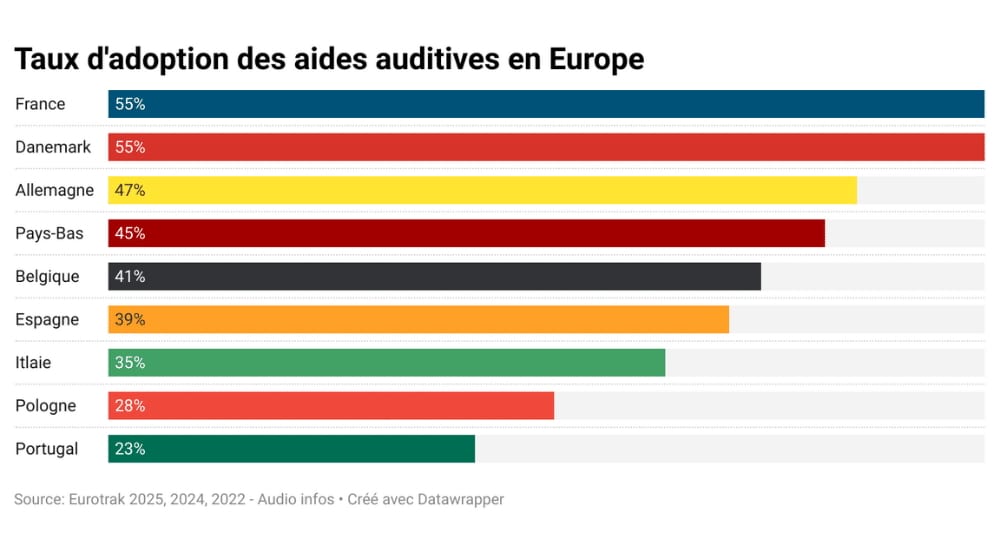Study in mice: sound deprivation leads to irreversible hearing loss
Research
Researchers from the Massachusetts Eye and Ear Infirmary, Boston (USA) have shown that sound deprivation in adult mice causes irreversible damage to the inner ear, Eurekalert reports.
The group of researchers studied cochlear function and innervation in 16 mice after unilaterally removing the olivocochlear bundle, in 10 mice after removal of the tympanic membrane, and in 2 mice with conductive hearing loss secondary to otitis media. They compared the findings with 10 control animals.
Their results, published in the journal PLoS One, suggest that chronic conductive hearing loss leads to permanent hearing impairment if it is not treated. “After a year of sound deprivation, we observed dramatic changes in the inner ear – notably, a significant loss of the synaptic connections through which the sensory cells send their electrical signals to the brain,” says Stephane F. Maison, Ph.D and senior investigator for the study. “Although there have been many studies of acoustic deprivation on the auditory system, few have looked at adult-onset deprivation, and none, to our knowledge, has documented changes in the inner ear.”
The authors conclude that auditory deprivation itself damages the inner ear in ways similar to those seen in age-related and noise-induced hearing loss. The mechanisms underlying the inner ear damage are not clear but the authors recommend that the effects of deprivation should be considered in the management of chronic conductive hearing loss in clinical practice, as well as early intervention.
Source: Eurekalert; Liberman MC, et al. Chronic Conductive Hearing Loss Leads to Cochlear Degeneration. PLoS One. 2015 Nov 18;10(11):e0142341


